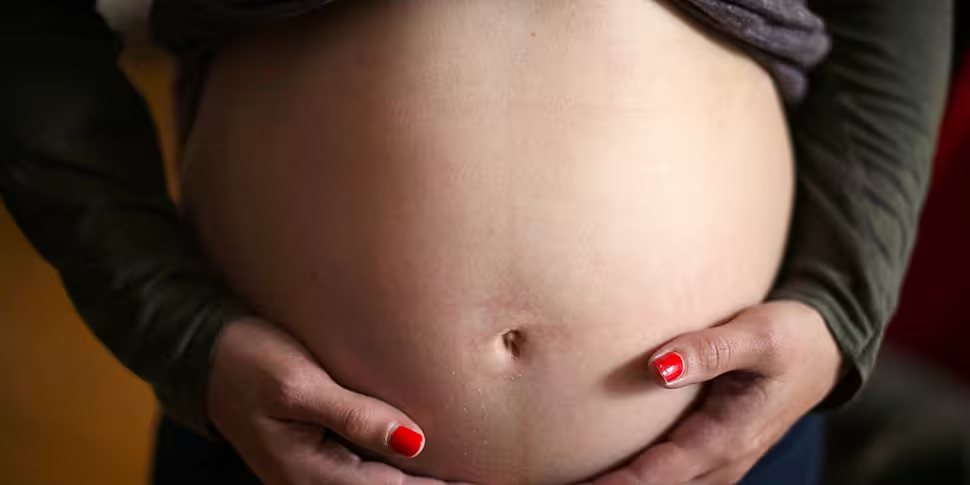Ireland’s new surrogacy legislation has been described as ‘basically legalising the buying of babies’.
In July, the Health (Assisted Human Reproduction) Act 2024 was signed into law by President Higgins.
Previously under Irish law, babies born through surrogacy were not automatically recognised as the children of the women who were raising them and advocates of reform argued this left families in "legal limbo".
The legislation establishes a new legal framework that aims to streamline the legal recognition of the relationship between parents and children born through surrogacy.
Commercial surrogacy - in which a surrogate mother is paid to carry a child - remains illegal in Ireland; however, the law does not prevent Irish adults from paying a woman to be their surrogate in a country where the practise is legal.
The Irish Human Rights and Equality Commission (IHREC) has warned that the commercial surrogacy industry in many countries is rife with human rights abuses and columnist Brenda Power shares their concern.
“They are concerned that we are becoming the first country in the EU to legalise commercial surrogacy through this legislation,” she told Newstalk Breakfast.
“Secondly - this is their warning, not mine - this is an area marred by human trafficking and exploitation.
“There was a clinic investigated in Greece just recently which was offering its services on the internet, commercially, and it was found that the women there had been lured from poor countries like Georgia and Albania.
“When they got there, they were impregnated against their will - I think that’s called rape - these women’s babies were being sold to international couples.”
 A pregnant woman. Picture by: EyeEm / Alamy Stock Photo
A pregnant woman. Picture by: EyeEm / Alamy Stock PhotoMs Power said that, while the new legislation introduced important safeguards for surrogates in Ireland, she is concerned that women overseas will be taken advantage of.
“Basically, our new law will make, among other provisions, two requirements,” she said.
“First of all, that the mother or, as some of the clinics describe her the ‘gestational carrier’, has a 21-day period to change her mind and decide that she doesn’t want to go ahead with the deal,” she said.
“Secondly, that money can’t change hands - or that if it does, only reasonable expenses can be paid.
“The commission says, quite correctly, how are you going to enforce these requirements in the countries that people are going to go to?
“The Ukrainian clinics actually boast that there is no legal means by which the mother can ever change her mind.”
Addressing the Seanad in June, Health Minister Stephen Donnelly said the bill was designed to “safeguard against the sale, trafficking and exploitation of children”.
“The provisions of the Bill are designed to prevent abusive or exploitative practices involving surrogate mothers and to protect their rights, interests and welfare,” he said.
There is no official data on how many children in Ireland are born through surrogacy.
Main image: A pregnant woman. Picture by: PA.









